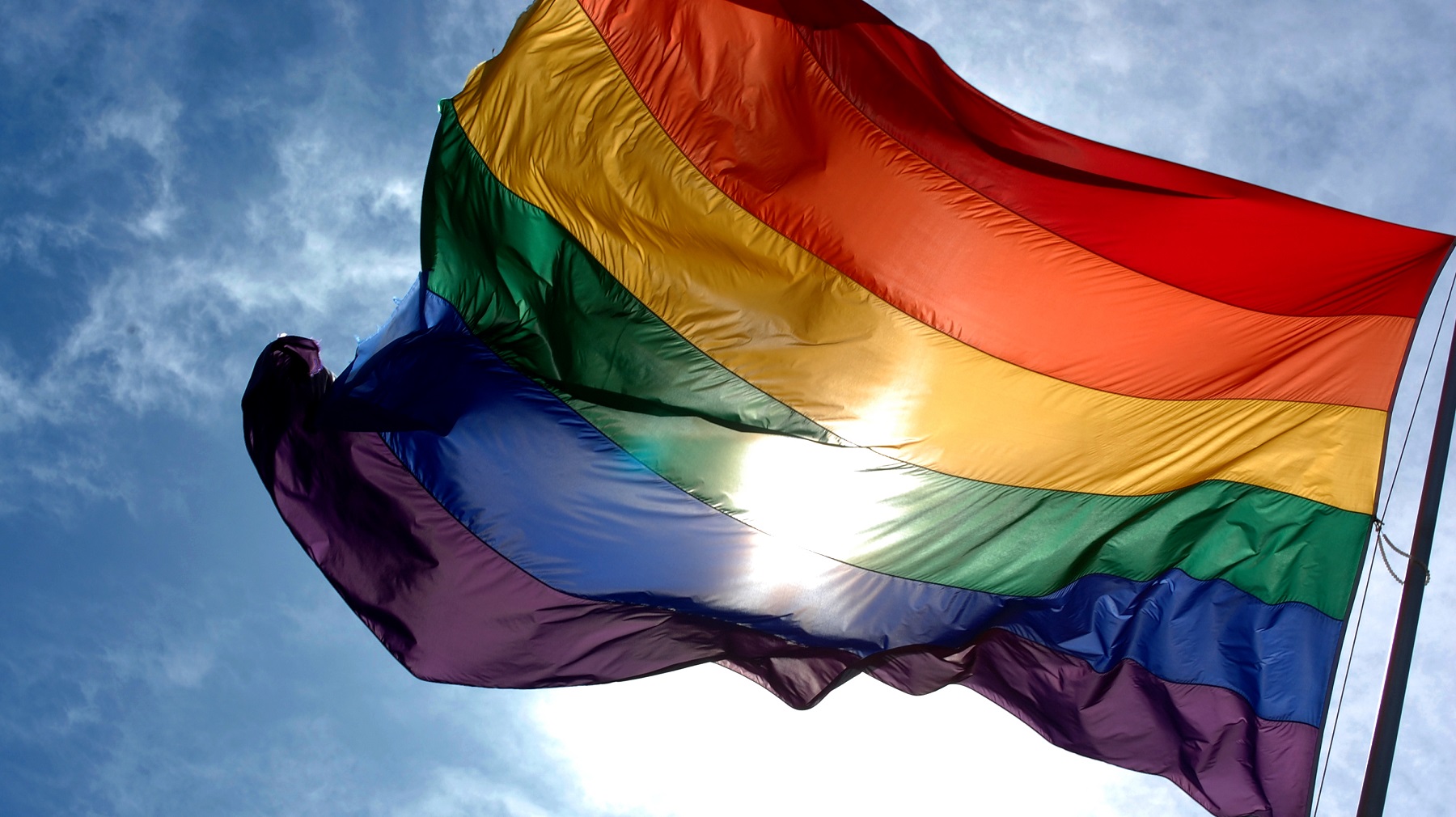Sharp rise in gonorrhoea and chlamydia cases among gay and bi men over last five years
Sexual health charities are calling for "urgent action" after the release of the latest figures from Public Health England
By Will Stroude
A sharp rise in gonorrhoea and chlamydia cases among gay and bisexual men in the UK has been recorded over the last five years, according to new figures from Public Health England.
The body’s annual report into sexually-transmitted infections (STI) shows that between 2015 and 2019 diagnoses of chlamydia rose 83% (from 12,687 to 23,187) and gonorrhoea 51% (from 22,413 to 33,853) among men who have sex with men (MSM).
Syphilis cases also increased by 40% (from 4,183 to 5,875) among MSM over the same period.
The report notes that while the number of people being tested in that time has increased, the proportional rise in new diagnoses exceeded the rise in screening.

The new figures show that in 2019 there were 77,371 new STI diagnoses in MSM. Of these, 44% were gonorrhoea (33,853 cases) and 30% were chlamydia (23,187).
Between 2018-2019, rises in gonorrhoea were also recorded among heterosexual women, heterosexual men and women who have sex with women. However, MSM recorded the highest rise ion new cases.
During the same period, new chlamydia diagnoses decreased slightly among heterosexual women and heterosexual men, but increased by over 20% among MSM.
The report suggests that the rises among MSM may be driven “by behavioural changes including more partners and condomless anal intercourse, and, for some MSM, ‘chemsex’ and group sex facilitated by geosocial networking applications.”
Ian Green, Chief Executive of Terrence Higgins Trust, said the figures underlined the need for “urgent action” from the government to address chronic underfunding of sexual health services.

“Today’s new STI figures clearly show the impact of the government’s ongoing inaction and lack of vision for improving the nation’s sexual health.
“Rates of sexually transmitted infections like gonorrhoea and syphilis are rising significantly while sexual health services are over-burdened and under-funded.
Mr Green added: “There are clear inequalities in terms of the communities most impacted by STIs. This includes BAME communities, young people, gay and bisexual men, and people living with HIV.
“These inequalities aren’t new but there’s still a shocking lack of information about the impact of structural inequalities including racism, homophobia and transphobia.”
It will be another 12 months before statistics showing whether the impact of lockdown and the coronavirus pandemic may have led to a reduction in STI transmission, but Mr Green stressed that the events of this year can’t be taken as the norm.

“The government has committed to a national sexual health strategy to improve the nation’s sexual health, which has been delayed by the Covid-19 pandemic,” he said.
“These new figures underline why this can’t be delayed any further. That includes the need for significant investment in public health to ensure sexual health services are accessible as lockdown continues to ease.
“Coronavirus has had a big impact on all aspects of our health services, but it can’t be used as an excuse for the government not setting out its vision for sexual health and moving us towards that vision.
“We have already waited too long for action and inequalities are deepening with marginalised groups bearing the burden. Enough is enough.”
It is recommnended that gay and bisexual men should undergo a full HIV and STI screening every 12 months, and every three months if having sex with new partners without condoms.
To find sexual health information and support services close to you click here. For more information about sexual health and symptoms, visit Terrence Higgins Trust.
